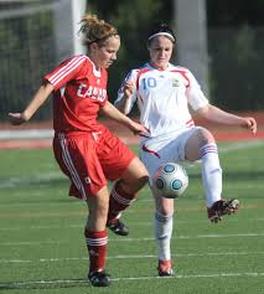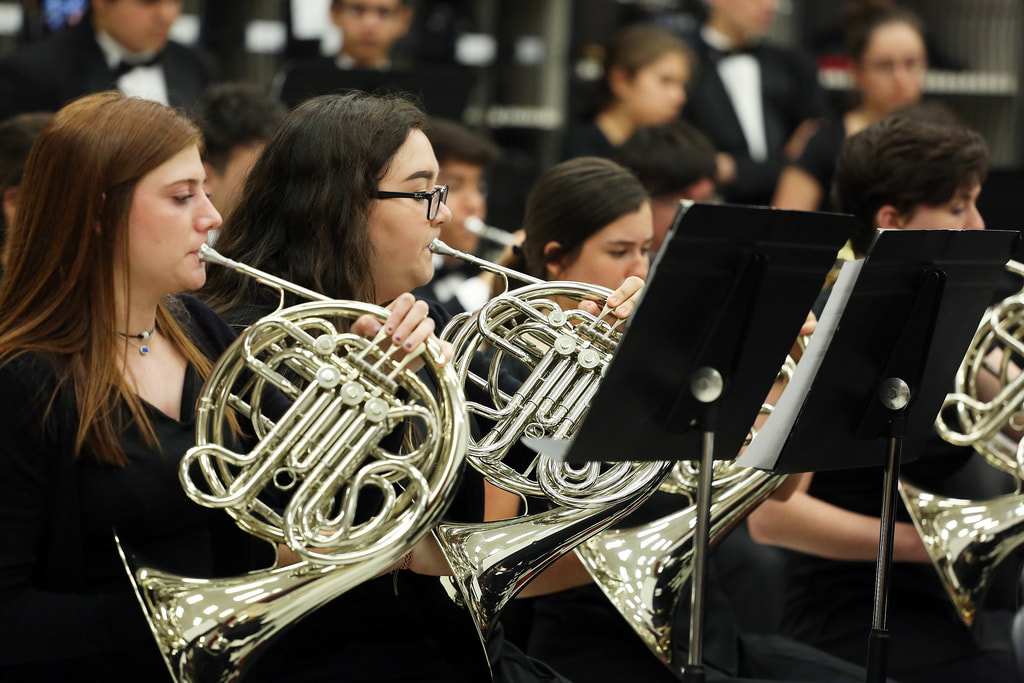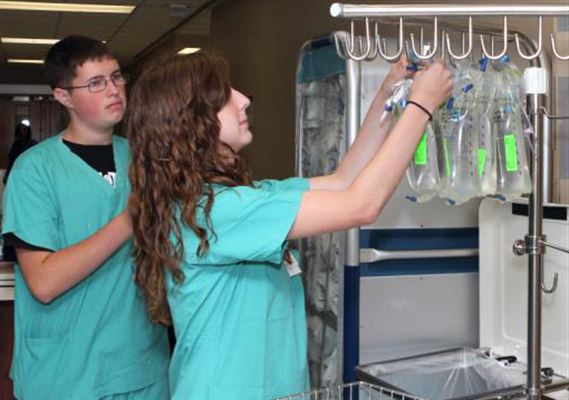
0 Comments
Here at Lucent Education, we must take it for granted that there are some pretty straightforward principles around resume formatting. It's a fairly easy and fun design task for us to work off of your current formatting (usually) and keep your stylistic flavor while modernizing - there are rare cases when we totally revamp the resume formatting. Here are some tips that go a bit beyond the general template of a resume:
Don't forget, read your resume as if you're a recruiter. It only needs the information on there to get you that interview (and sometimes for a hiring manager to see your experience further back). So, it sometimes hurts to cut out pieces of your work history because you lived it (and it was important!), but the resume isn't where you dictate your entire life's work; it's a personal marketing tool to help you get an interview. Good luck! With the new year, many are thinking about what they'd like to accomplish for the year. Eating and living healthier. Strengthening relationships with friends. Spending more time with family. And of course, what to do about a job that you're ready to move on from.
So, here are a few resume refreshing tips to get you started...
The look and feel of a resume is sometimes just as important as the content itself. There are circumstances in which large companies will convert the content to a generic format. In those cases, the formatting is totally void. However, you're likely applying to multiple positions at different companies, in which case, formatting is the first thing someone would notice about the resume. Here are few key pieces to look at when re-formatting your resume:
A lot of high school juniors (3rd year students) already have plans to visit colleges that are of interest to them and have perhaps even narrowed down the potential schools down to around 20. However, what I hear a lot from both parents and students is what else is there even to do before the applications are out in the Fall?
My answer: a lot! This is the time to get all of the hard leg work out of the way so that essays are easier to write, information is easier to input, and stress levels are down for the Fall when you juggle school work, sports, extra-curriculars AND the application process. The first big project that you can work on is the resume process – peruse some of the resumes you find online for both content and visual appeal. Then take a hard look at your high school career AND your accomplishments throughout your life time. A lot of your current involvements in school might have started from much earlier than high school. For example, you may have been playing soccer since the age of 5, and now you’re the co-captain of your high school team. This extra piece of information gives the resume reader a better picture of the type of dedication you have to the sport or activity. Also, be sure to include activities that you intend on completing during your last year of high school. The resume process is ongoing as it’s a working document. So, have a few trusted friends and adults help you think about any holes you might be missing and how to best word your activities, leadership experience and awards. But, do not finalize and leave it there untouched as you continue with the rest of your application. Conversations with friends, family, and teachers might spark memories of an important project or competition you may want to showcase. Continue to revisit it periodically until you are ready to submit it to the colleges. The resume is a great place to start for the application process as it has obvious practical purposes as well as a good reason to start thinking about your own history and accomplishments. This will segue into the next few projects that you can work on as a junior in high school to help prep for the application process: brainstorming pieces of your life that you’d like to make sure are highlighted in your final application, mock interviews, and approaching teachers about recommendations. Look out for more blog updates on preparation for the college applications! |
About Lucent:College, Graduate School, and Career Coaching. Archives
May 2022
Categories
All
|



 RSS Feed
RSS Feed
